Russia and the U.S. Hold Peace Negotiations on Ukraine in Saudi Arabia: What You Need to Know
Facts: Russia and U.S. Seek a Ukraine Peace Deal—Without Zelensky
In a major diplomatic shift, representatives from Russia and the United States convened in Riyadh, Saudi Arabia to discuss a potential peace deal for Ukraine. This is the first direct high-level dialogue between the two nations in years and could mark the beginning of a significant realignment in global geopolitics.
What We Know About the Negotiations
The Russian delegation, led by Foreign Minister Sergey Lavrov and Kirill Dmitriev, head of the Russian Direct Investment Fund, sat down with their American counterparts, including Secretary of State Marco Rubio and National Security Advisor Michael Waltz. Saudi officials facilitated the talks, underscoring the country’s growing role in global diplomacy.
According to official statements, the discussions focused on:
A three-stage peace plan: 1) Ceasefire, 2) Elections in Ukraine, 3) Final peace agreement
Economic cooperation: Russia and the U.S. exploring joint projects in the Arctic and energy sectors
Sanctions relief: The U.S. acknowledging that lifting sanctions could be on the table if a peace deal is reached
Diplomatic normalization: Plans to reopen embassies and restore full diplomatic missions
Future U.S.-Russia relations: Efforts to reduce tensions and avoid direct confrontation
Dmitriev emphasized the economic cost of U.S. disengagement from Russia, stating that American businesses have lost over $300 billion due to sanctions and disengagement (Politico).
Why Now?
The timing of these negotiations raises critical questions:
The Trump administration is signaling a willingness to talk, after Biden administration refuse to negotiate. Dmitriev noted that the U.S. is finally “listening” to Russia after years of ignoring its concerns.
The 2024 U.S. election is reshaping American policy: With Trump leading in polls, there is speculation that a Trump-Putin deal on Ukraine could be in the works.
Ukraine’s battlefield situation is deteriorating, and both sides may see negotiations as the only path forward. Russia is reportedly demanding Ukraine cede 30% of the territories it does not control( as per Russian law) (Bloomberg).
Western economic fatigue: The U.S. and EU are struggling to sustain their unlimited support for Ukraine’s military, while internal political and economic pressures mount.
Zelensky Excluded—And Furious
Notably, Ukrainian President Volodymyr Zelensky was not invited to these talks. Instead of attending, he canceled his planned visit to Saudi Arabia.
Zelensky and his allies have slammed the negotiations, calling them an attempt to impose a pro-Russian settlement without Ukraine’s involvement. The Western media and EU leaders have echoed these concerns, with some claiming that the proposed elections in Ukraine are part of a "Kremlin strategy to install a Moscow-friendly leader (The Guardian).
Europe’s Reaction: Left in the Cold?
European leaders have expressed frustration at being sidelined in these talks. French President Emmanuel Macron held an emergency meeting with EU leaders in Paris, while Poland and Denmark warned that a U.S.-Russia deal without European involvement could undermine EU interests.
European concerns include:
The future of NATO’s role in Ukraine
Potential territorial concessions to Russia
Sanctions rollback and energy security risks
Of course Russia still demands Ukraine be permanently neutral and banned from joining NATO—a position that European leaders strongly oppose (AP News).
The Three-Stage Peace Plan
Sources suggest that Russia and the U.S. are discussing a three-step peace deal:
1️⃣ Ceasefire Agreement – An immediate halt to hostilities with international monitoring.
2️⃣ Elections in Ukraine – A national vote to determine the country’s leadership and political direction.
3️⃣ Final Peace Settlement – A formal treaty defining Ukraine’s future status, including territorial adjustments and security arrangements.
Trump and Putin reportedly believe Zelensky’s chances of re-election are low, fueling speculation that the U.S. may be willing to support new leadership in Ukraine (New York Post).
What’s Next?
These negotiations could reshape the global order, but their success depends on several factors:
✅ Ukraine’s willingness to engage – Will Zelensky accept a peace deal, or will he resist Western pressure?
✅ The reaction of NATO and the EU – Will European leaders support the deal, or will they push for continued war?
✅ Russia’s Law says 30% of Ukraine is part of Russia. How will this play out
The next few months will be crucial as both sides weigh their options. If a breakthrough occurs, it could signal the end of one of the most significant conflicts of the 21st century.
Stay Tuned for More Updates
This story is developing. Follow my Substack for real-time updates and on-the-ground reports from Ukraine and beyond.
➡️ Like & Share this post to spread awareness.
➡️ Subscribe for Exclusive Insights.




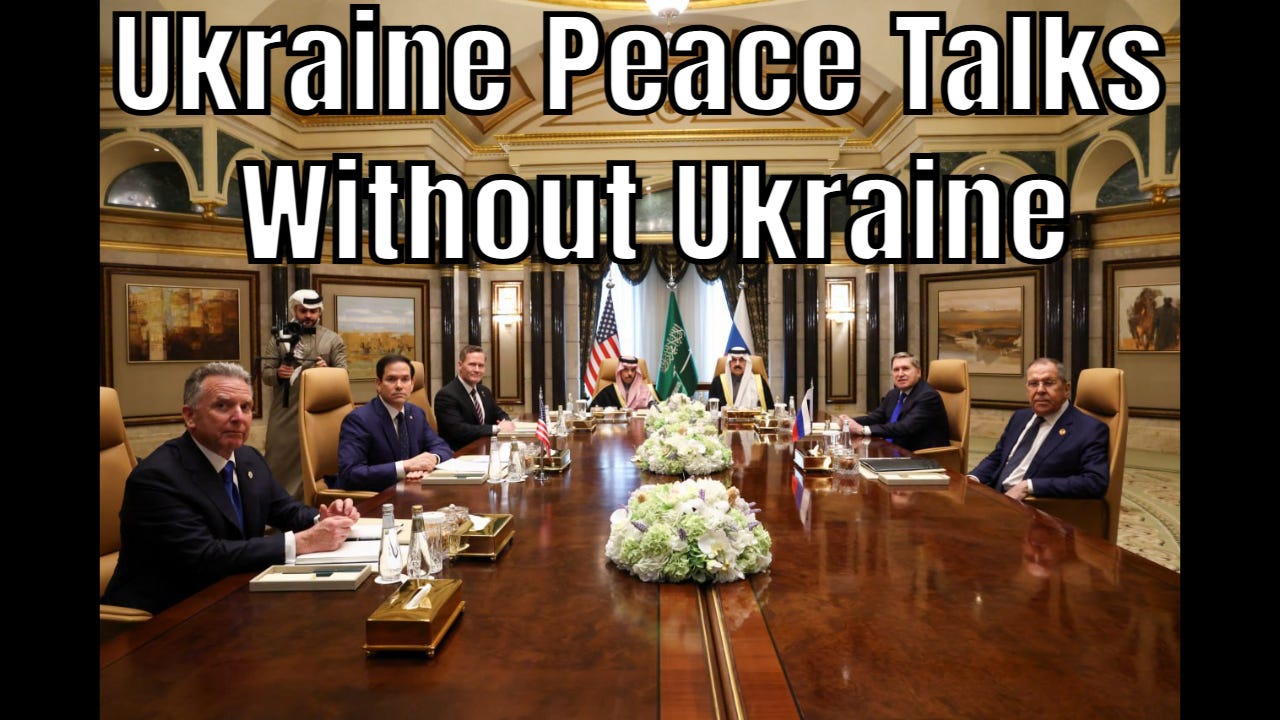
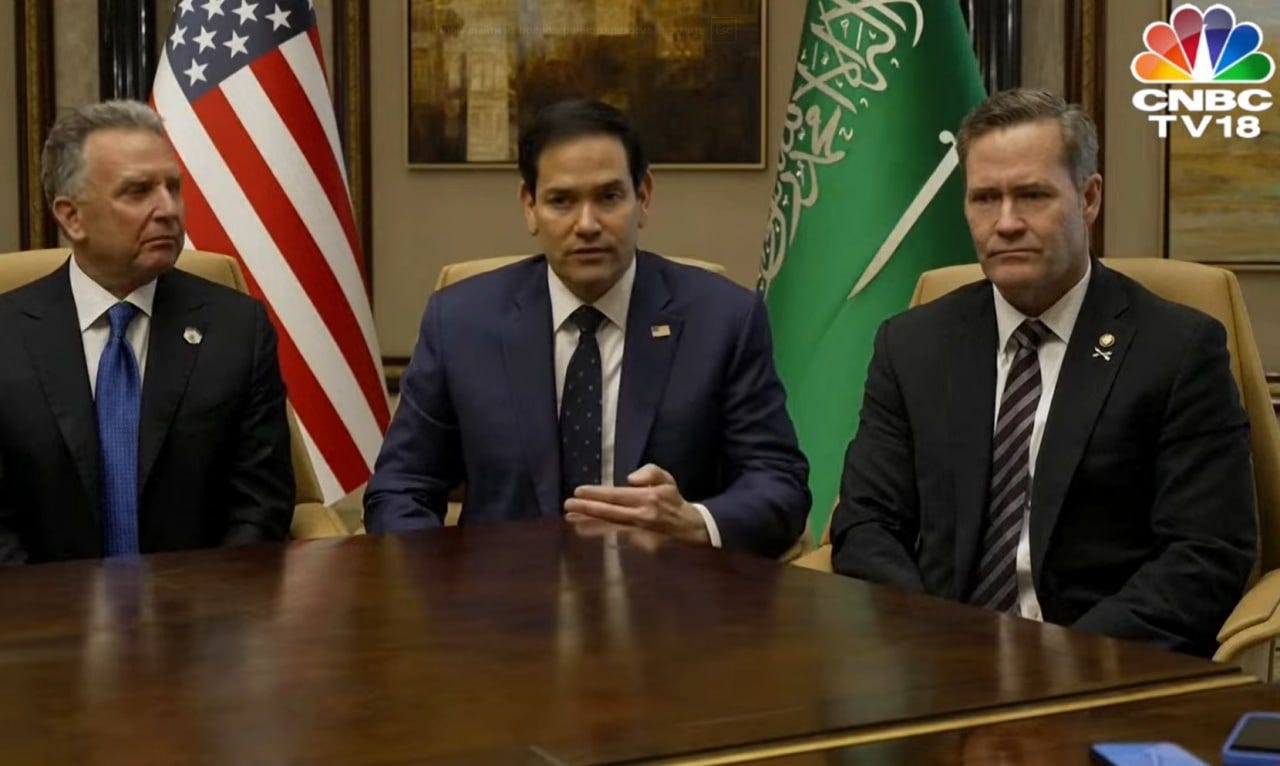
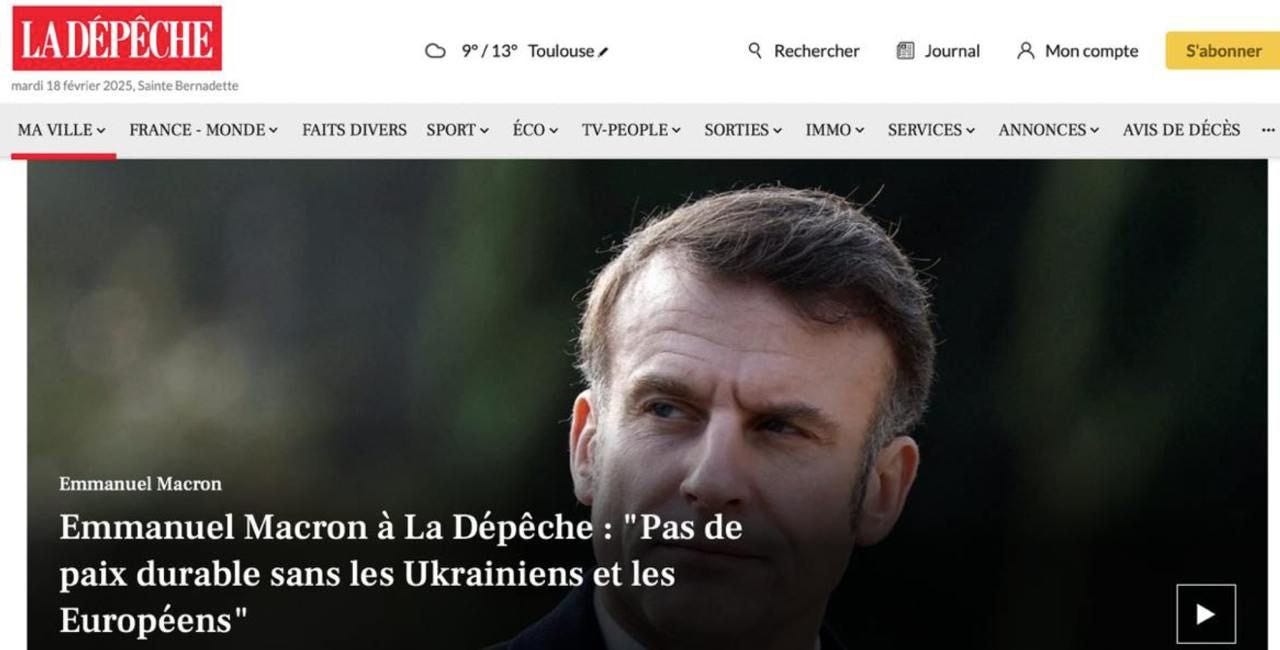
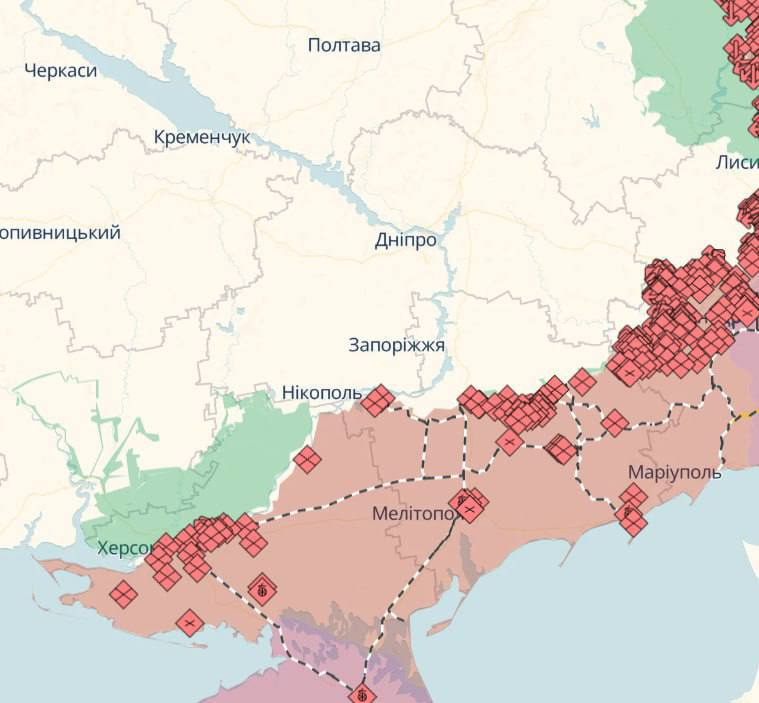
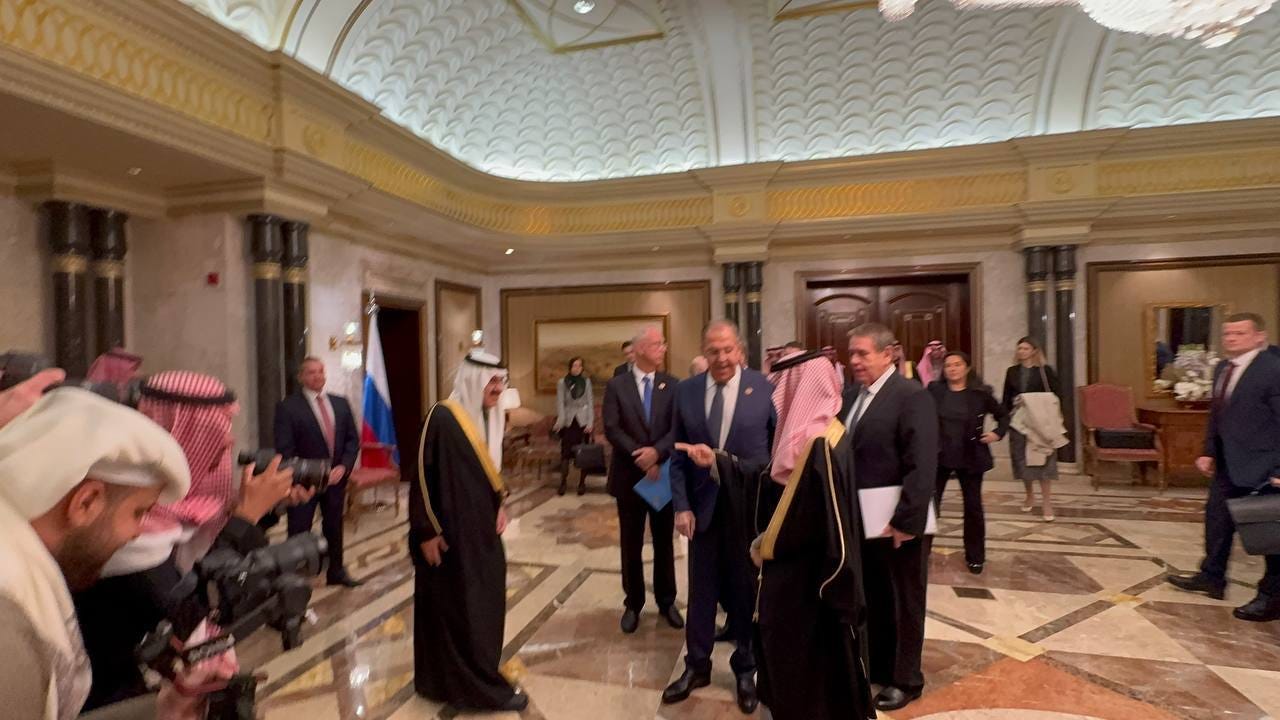
Should Ukraine have been invited?
Zelensky,had the 4 years opportunity to end this war but the love of money had made him forgot the love of lives..
He believe that,being used for others gain will benefit him so much billions,is greed and selfishness has caused the destruction of Ukraine